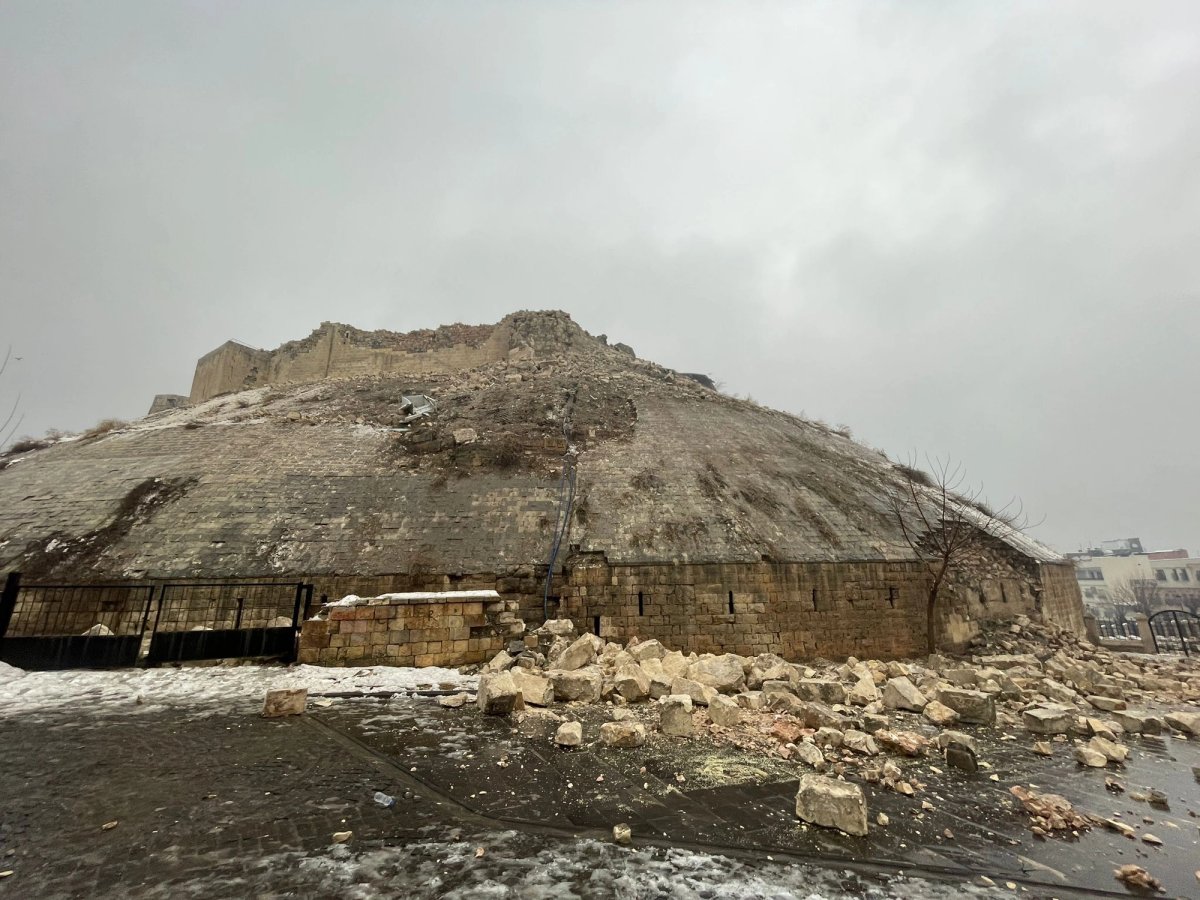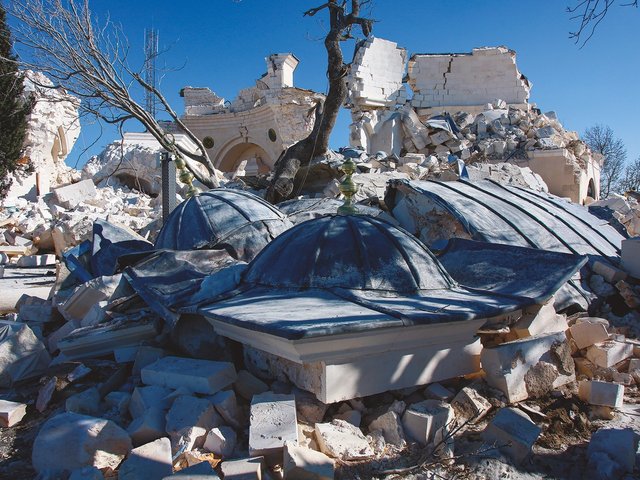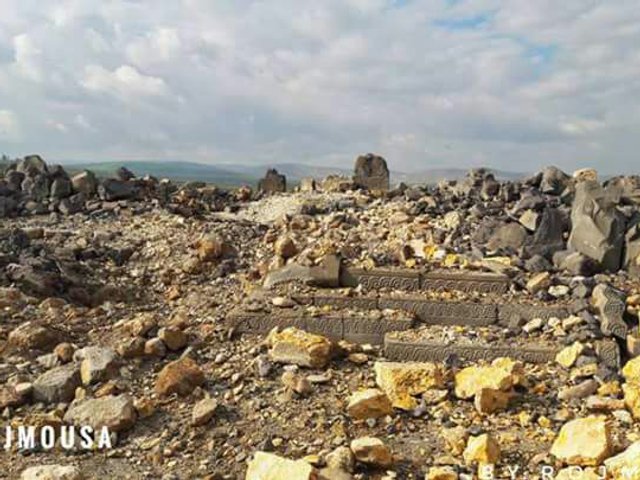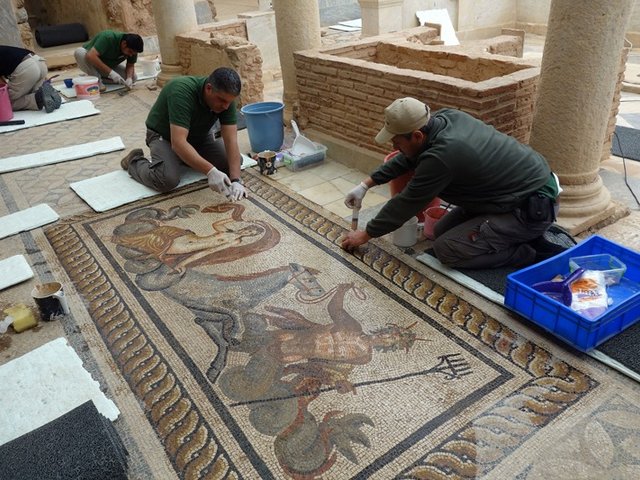A magnitude 7.8 earthquake that hit central and southern Turkey and north-western Syria today at 4.17am local time—one of the largest to occur in the region in more than a century—has devastated a number of heritage structures, including an ancient castle and a 19th-century church. Official reports place the current death toll at more than 1,000 people across both countries, with 912 people in Turkey and more than 500 in Syria; thousands more are injured and, according to Turkish President Recep Tayyip Erdoğan, more than 2,300 buildings have been destroyed.
Around the time of publication, another earthquake of 7.5 magnitude occurred in south-eastern Turkey, with the extent of the damage and the number of casualties expected to rise.
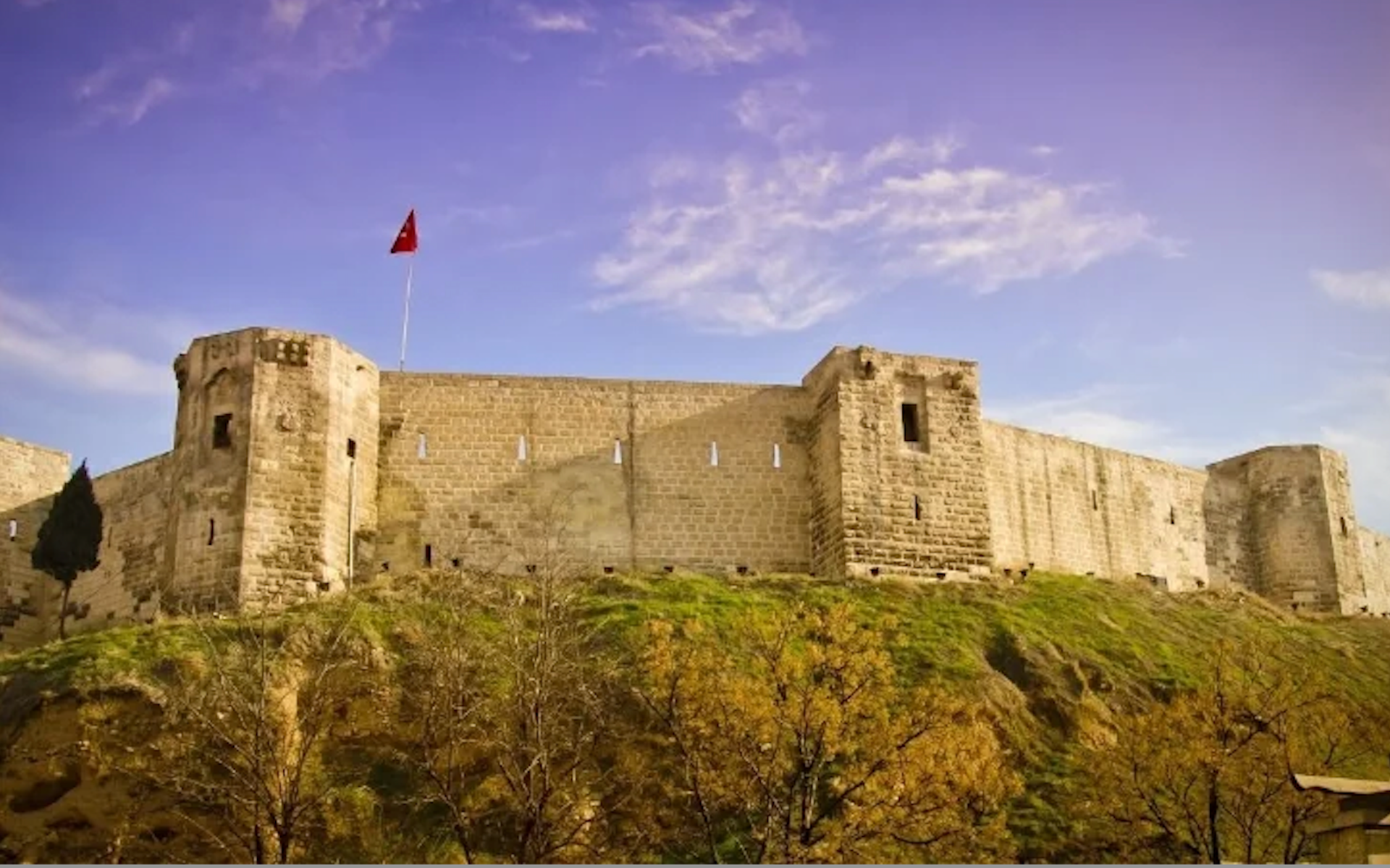
Gaziantep Castle before the earthquake
The most notable structure to have been destroyed is the Gaziantep Castle, a historic site and tourist attraction in southeastern Turkey. The castle was first built as a watchtower in the Roman period in the second and third centuries and was expanded in the fifth century by the Byzantine Emperor Justinian It had last year become the site of the Gaziantep Defence and Heroism Panoramic Museum, a gallery tucked into the structure's walls to show art and artefacts remembering the city's military resistance against French and English occupation in 1920 during the Turkish War of Independence.
"Some of the bastions in the east, south and southeast parts of the historical Gaziantep Castle in the central Şahinbey district were destroyed by the earthquake, the debris was scattered on the road," according to CNN. "The iron railings around the castle were scattered on the surrounding sidewalks. The retaining wall next to the castle also collapsed. In some bastions, large cracks were observed." Next to the castle, the dome and eastern wall of the historical Şirvani Mosque built in the 17th century, have reportedly partially collapsed.
And in the southern city of Iskenderun, the Cathedral of the Annunciation has almost completely collapsed, according to local media. The Catholic church was originally built between 1858 and 1871 by the Order of the Carmelites and then reconstructed in 1901 following a fire.


